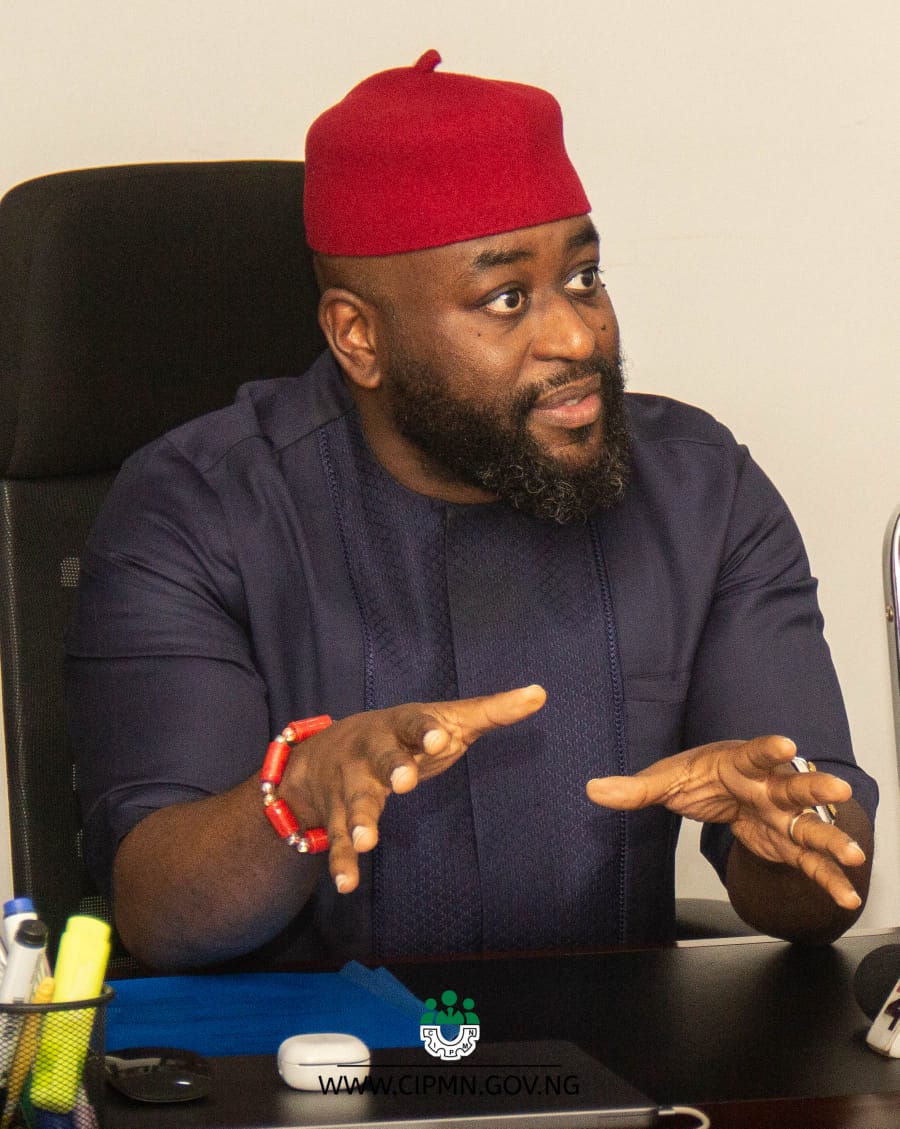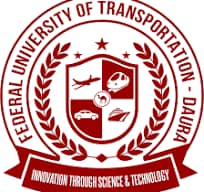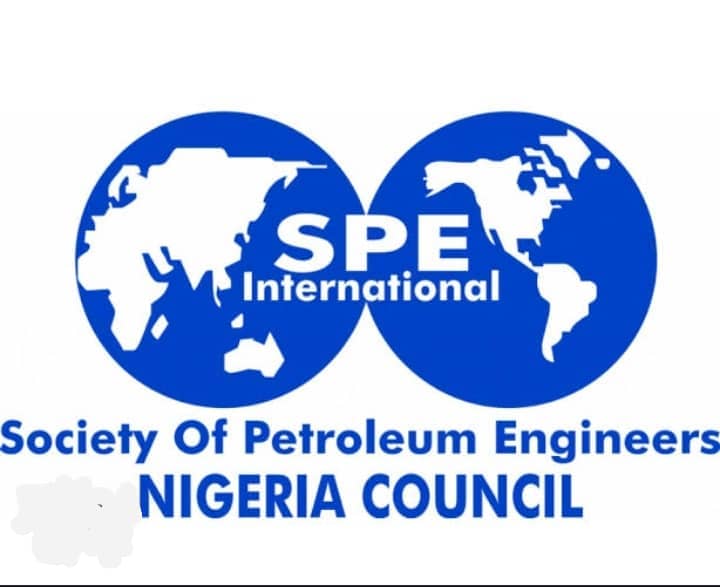Project managers plan indigenous framework to tackle project failures
By Lucy Ogalue
The Chartered Institute of Project Managers of Nigeria (CIPMN), says it will develop a homegrown project management framework, to address Nigeria’s long-standing project execution challenges in both the public and private sectors.
The Registrar-General of CIPMN, Mr Henry Mbadiwe, said this at the Institute’s 2025 Mid-Year Training Programme and Induction Ceremony in Abuja on Tuesday.
The News Agency of Nigeria (NAN) reports that the framework is called Delivering Unified Controlled Agile Project (DUCAP).
The three-day event is with the theme “Project Management Practices – A Guarantee of Sustained Growth in This Digital Age”.
Mbadiwe said that it was a hybrid model that integrated international standards like PRINCE2 and the Association for Project Management (APM) with indigenous insights and field experiences across Nigeria’s diverse regions.
“It is a project management framework suited for Nigeria.
“We have taken lessons from globally tested frameworks and adapted them to our environment, whether you are delivering a road in Kano or building infrastructure in Lagos,” Mbadiwe said.
He said that widespread failures and delays in Nigeria projects were linked to overreliance on foreign methodologies without contextual adaptation, leading to inefficiency and abandoned outcomes.
“Using foreign frameworks in Nigeria without adjusting for our local realities has not worked.
”DUCAP is designed to change that by making project delivery simpler, more structured, and more effective,” he said.
Mbadiwe further said that enforcement mechanisms would soon be introduced to ensure that only certified professionals oversee and manage projects nationwide.
“We are preparing to activate regulatory frameworks. We are not trying to hinder practitioners, but to improve outcomes. The era of project failures and mismanagement must end.
“Strategy without project implementation is a dream, and project management is the vehicle through which Nigeria can drive sustainable economic development,” he said.
The President and Chairman of the CIPMN Council, Mr Emmanuel Afolayan, said that the Institute had moved from mere awareness to implementation, stressing that compliance monitoring would begin across institutions.
“For years, we have advocated for standardised project delivery. Now is the time for action.
“Change will be gradual, but we are determined to elevate professionalism and enforce project management standards across Nigeria,” Afolayan said.
Also, the Permanent Secretary for Economic Planning and Budget in Lagos State, Mr Olayinka Ojo, commended the Institute for developing a localised methodology to improve project outcomes nationwide.
“This is a turning point in Nigeria’s development trajectory. The initiative provides a structured and professional foundation for executing projects aligned with global benchmarks,” he said.
A former lawmaker, Mr Sani Sha’aban, charged members of the Institute to act with national purpose and professional discipline.
“Project management is a national duty. Cutting corners has hurt our growth. If you remain committed, you will reshape Nigeria’s future,” he said.
The event featured panel discussions, expert presentations and the induction of 604 new and upgraded members, including 60 fellows and 245 chartered professionals.
The CIPMN was established in 2018. It has steadily evolved into a professional institution with a clear mandate to support national development through the formalisation of project execution practices.(NAN)
Edited by Kadiri Abdulrahman







